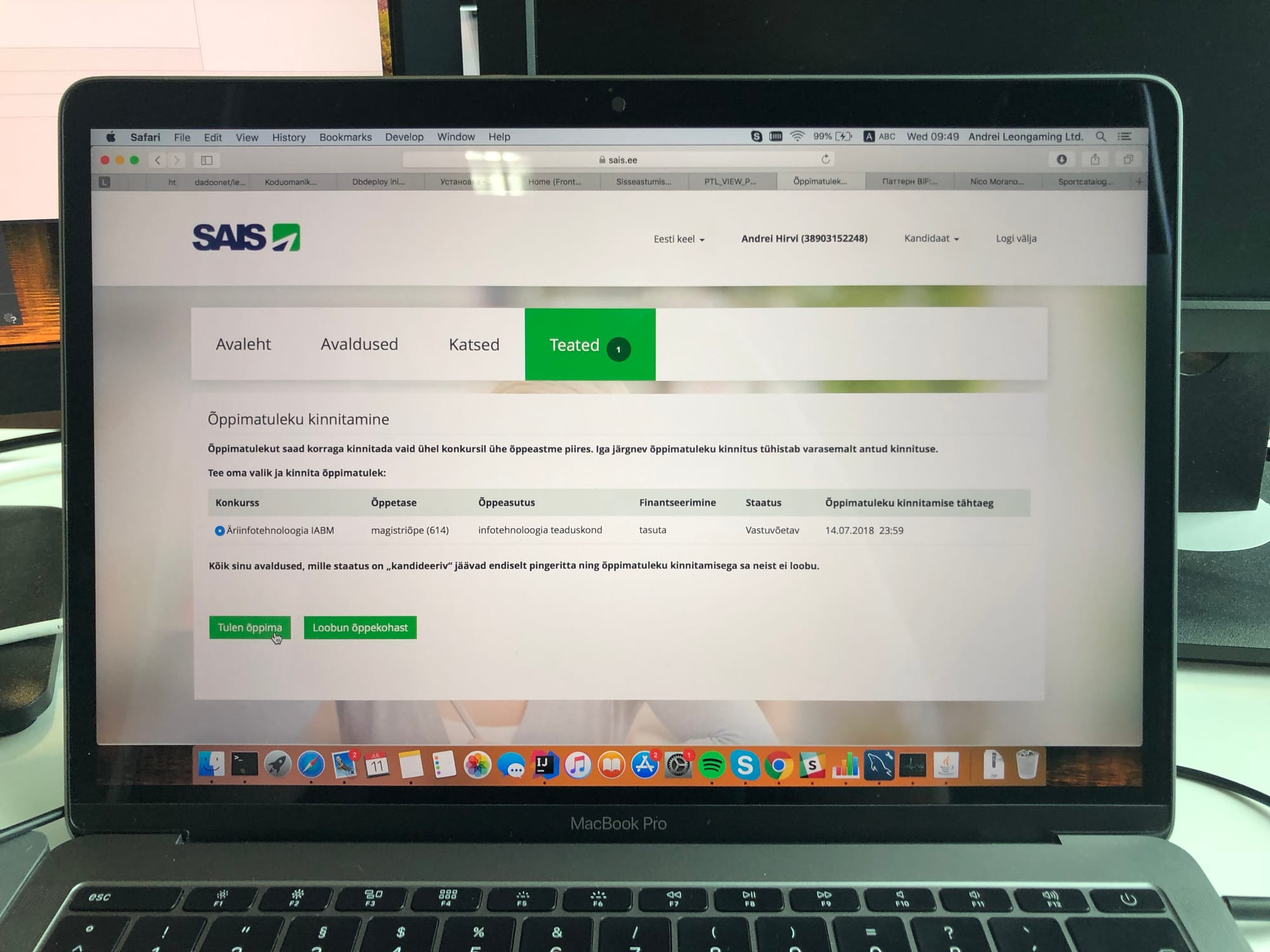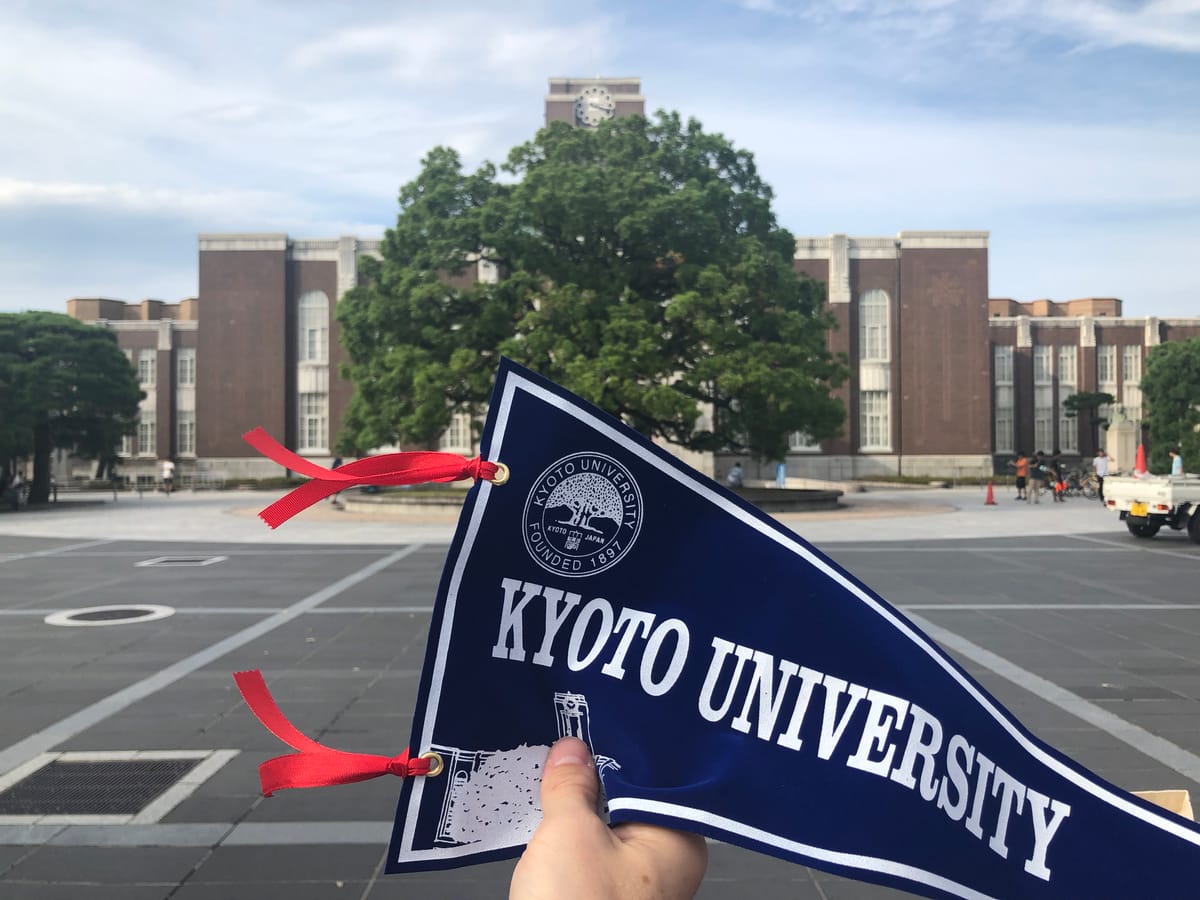Probably many undergraduate students in their early twenties living in a dormitory have gone through this - when you genuinely believe that you will definitely not be the person working in a large enterprise doing some tiny thing every day, and that very probably you will create something bold. You believe that eventually, you will develop some awesome product (in the case of IT students) and found a very successful startup, like Mark Zuckerberg did with Facebook and Steve Jobs with Apple. I was exactly this person. But often, things do not go quite like you imagine.
I remember very clearly waking up one morning a few days before my 30th birthday thinking that I was still figuring out what I wanted to create. And this is not even about career, money, or wealth. During 12 years of a non-entrepreneurial path as an employee, I can proudly say that I have had a quite successful career - my last position was Chief IT Architect in an international online casino. But even in that position, I did not feel that I was where I wanted to be. I felt that I was not quite there yet. But let's get back to this pivotal morning when I was still 29 years old.
That morning, I realized that I was stuck in a corporate career, and if I didn't start my own venture now, I might never do it. I also felt that I lacked the necessary knowledge to embark on this journey. At that point, I only had a Bachelor of Science in Engineering, and the next logical step seemed to be pursuing a Master's degree.

After I got my Master of Science in Engineering, I still did not feel that I had enough competence and knowledge to start my entrepreneurial path. So, I decided to continue my studies and get my second Master's - an Entrepreneurial MBA. Two years later, I graduated with distinction (Cum Laude), since during my studies, my motivation to start my own venture was really high.

You see, throughout our lives, we are conditioned to seek external validation and rewards from others - praise from our parents, good grades from our teachers and professors, and salary numbers from our employers. Even earning a degree is a form of reward, a tangible document that symbolizes our achievements. These rewards make us feel that we have accomplished something significant and valuable.
However, the most crucial lesson I learned is the importance of learning to give and assign these rewards to ourselves. It may sound simple, but it is a challenging skill to master.
To effectively reward ourselves, we must develop an inner compass that guides us towards our ultimate goals, our cravings. Each action we take should be evaluated based on whether it brings us closer to our objectives. It's like playing a game of "hot and cold," where we constantly assess our progress and adjust our course accordingly.
By becoming more aware of our own cravings and learning to satisfy them through self-directed rewards, we can take control of our habits and, ultimately, our lives.What I am trying to say here, is to not trying to make decisions based on striving of external rewards, but rather learn to reward yourself, and seek your path.
In my case, instead of university, I probably should have just jumped and started pursuing my entrepreneurial path, and learning along the way. (We will talk about it in more details in my next post).
Do not get me wrong; I am not trying to tell you that education is pointless and that you should not study. Quite the opposite. True learning occurs when you create new connections in your brain. These connections are the foundation of how new knowledge is created and integrated into your existing understanding. This is why we experience "aha moments" when we discover something new. These "aha moments" are most likely to occur when you explore a subject on your own, driven by your intrinsic curiosity and motivation. They are far less common when someone is simply trying to push information into your head, as is often the case in the traditional educational system. That is why I believe that if you do not experience these "aha moments" at university, it may not be the most suitable place for discoveries, at least for you. And that is the main reason why you should never start your studies because someone else says so, but only if you are truly motivated and want to do it yourself.
So, the main point of all of this is that make your decisions based on your inner compass and reward yourself based on your cravings and ultimate goals. When you are genuinely motivated to learn something new, it will be the most productive learning experience. Trust your instincts and follow your passion, even if it means taking an unconventional path.


